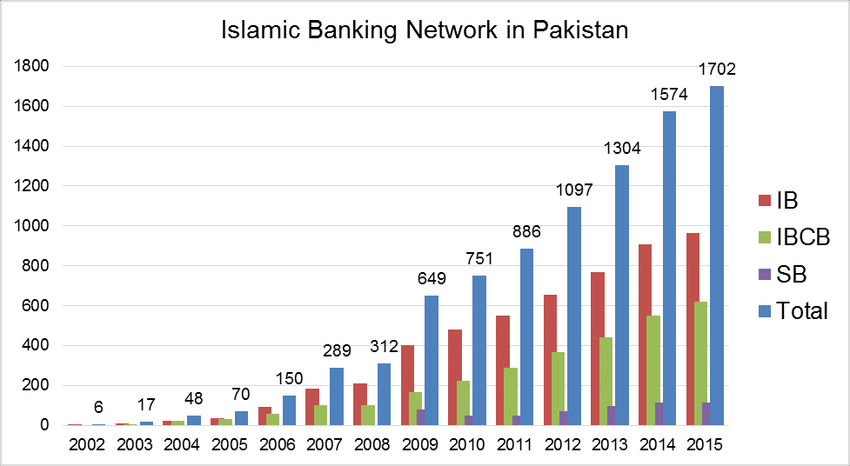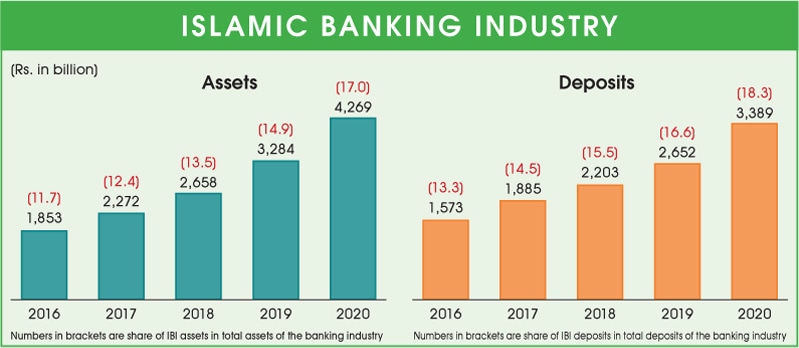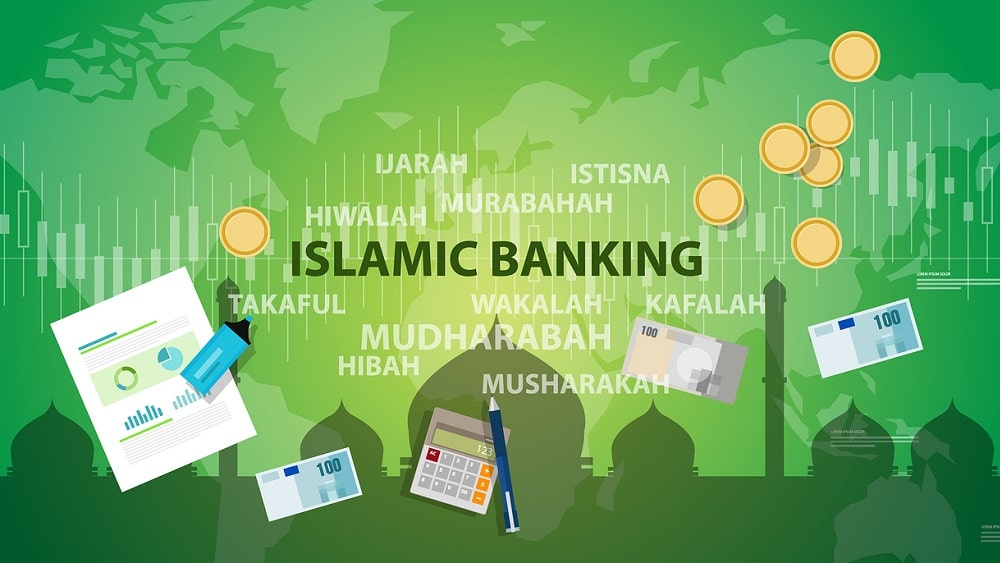KARACHI: Pakistan’s central bank has launched a third five-year plan (2021-25) to support Islamic banks in expanding their outreach nationwide, advising them to increase online banking and “capitalize on fintech to sustain the growth momentum.”
The State Bank of Pakistan (SBP) noted that Shariah-compliant banking had gradually become an important part of the domestic economy with its market share increasing close to one-fifth of the overall banking industry in terms of deposits and assets over the past two decades.
Still, there is enormous potential for the industry to grow fast considering that the Muslim community dominates the population landscape in the country. Increased awareness of Islamic banking may help it achieve the next level of growth.

In a statement issued on Monday, the central bank highlighted that the State Bank aimed to make Islamic banking one-third of the overall banking industry by 2025.
“For more penetration in the market and minimising services delivery costs, IBIs (Islamic banking institutions) need to increase the use of alternative delivery channels,” it said.
“Given the significant contribution of branchless banking towards improving financial inclusion, there is a need for the Islamic banking industry to capitalise on fintech to sustain its growth momentum.”
“This plan gives headline targets in terms of increasing share in both assets and deposits of the Islamic banking industry to 30% of the overall banking industry, 35% share in branch network of the overall banking industry, 10% and 8% share in SME (small and medium-sized enterprise) financing and agriculture financing respectively in private sector financing of the Islamic banking industry (by 2025),” according to the SBP’s Strategic Plan for Islamic Banking Industry 2021-25.
The Islamic banking industry has now become a systemically important component of the banking industry with a remarkable growth over the last two decades. However, the share of the industry remains low considering its huge potential in a country like Pakistan with a majority of Muslim population.
“The network of the Islamic banking industry is concentrated in urban areas, though it has improved its coverage in recent years; however, the industry still requires expanding its outreach to unserved/underserved sectors and regions.”
“Like globally, the domestic Islamic banking industry is faced with the liquidity management challenge (like they have liquidity but lack avenues to invest and finance),” the central bank said, adding that it would amend some related laws and “coordinate with Islamic banking institutions for developing Shariah-compliant structures/solutions for liquidity management as and when desired.”
To help Islamic banks grow in Pakistan, the latest five-year plan suggests that the central bank would extensively work in six areas including strengthening legal landscape, enhancing conduciveness of regulatory framework, reinforcing comprehensive Shariah governance framework, improving liquidity management framework, expanding outreach and market development, and bolstering human capital and raising awareness.

The plan suggests that the central bank will amend several laws in these six areas.
The Islamic banking industry has widened its footprint in the banking network of the country.
Currently, 22 Islamic banking institutions (five full-fledged Islamic banks and 17 conventional banks having standalone Islamic banking branches) are offering Shariah-compliant products and services through a network of 3,456 branches and 1,638 Islamic banking windows (dedicated counters at conventional branches) spread across 124 districts of the country.
The Islamic banking industry has acquired a market share of 17% and 18.3% in assets and deposits respectively of the overall banking industry by the end of December 2020.


